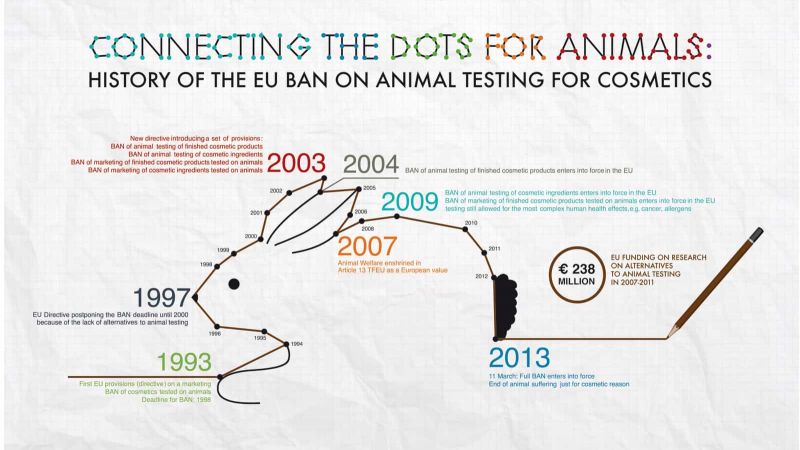 This month’s awaited pledge by the coalition government to end household product testing on animals has been welcomed by the UK research community. Household products are rarely tested on animals, and occasional tests which are carried out look at specific properties of products whose use will bring them into direct contact with animals.
This month’s awaited pledge by the coalition government to end household product testing on animals has been welcomed by the UK research community. Household products are rarely tested on animals, and occasional tests which are carried out look at specific properties of products whose use will bring them into direct contact with animals.
There is currently no definition of a ‘household product’, and while bleach, detergents and washing up liquid are often cited as examples, in reality these substances have not been tested on animals in the UK for at least five years.
As part of its commitment to end household product testing, the UK government will consult with relevant organisations to look at the economic impact of a ban, and crucially, to determine what the ban will cover.
Testing household products and their chemical ingredients on animals should only ever be a last resort, and in many cases there are already suitable non-animal tests available. Once the consultation has been completed the ban will be implemented through existing legislation under the Animals (Scientific Procedures) Act.
There are generally no legal requirements to test non-medical products on animals to assess their safety. Exceptions to this are when a particular substance must abide by specific safety legislation, for example some surface cleaners may fall under the biocidal products directive. Non-animal tests and improved in vitro studies have played a vital role in virtually eliminating animal-based household product testing over the last decade.
There is still much work to be done to develop new and better tests in this and other areas, and the commitment to a science-led programme by the NC3Rs will help to ensure that effective safety tests can be carried out, while reducing the need for animals.
See more about this topic here.
Last edited: 29 July 2022 14:13


